The Hudson-Fulton Celebration, September 18-25, 1909
Hudson-Fulton Memorabilia For an outstanding video covering Hudson, Fulton, the festivities, themselves, watch River of Mountains: The Hudson-Fulton Celebration of 1909. It begins with segments on Henry Hudson and Robert Fulton. Coverage of the Hudson-Fulton Celebration begins at 40:35. Read Popular Science's October 1909 article on the Hudson-Fulton Celebration. Dear Hudson-Fulton Days, the Official March and Two-Step Festivities demanded music, and the need for an official Hudson-Fulton Celebration march was eventually met by a Hudson Valley composer with ties to M. Witmark & Sons. Many who heard Ulysses J. Alsdorf's music may not have known that this composer with his Dutch surname was the grandson of slaves. Click the arrow to hear O'Hare's arrangement of Dear Hudson-Fulton Days performed by the Mid-Hudson Community Orchestra and Dutchess Community College Choir, December 2019, Poughkeepsie, NY. My thanks to Christopher Brellochs, orchestra director, for sending me the link. Ulysses J. Alsdorf and His Musical Heritage Emancipated in New York State in 1827, George and Caroline Alsdorf adopted their former Dutch owner's surname, farmed for a while to save money, and then settled in the Hudson River town of Newburgh, roughly a third of the way from New York City to Albany. Making a success of their hair salon, bakery, and catering business, they sent their oldest son Dubois to study music in New York City. He was apprenticed to William Appo, a successful black composer and orchestra leader who had toured Europe with Francis "Frank" Johnson of Philadelphia and three of Johnson's other musicians. In The Music of Black Americans (1997), Eileen Southern lists Johnson's many firsts, among them first black musician to publish sheet music, first to develop a school of music, first to perform in integrated concerts, and first black or white American musician to tour Europe where he was introduced to open-air "promenade concerts" and then introduced them to the U.S. For more on Frank Johnson, click here. As William Appo's student, Dubois Alsdorf benefited from his teacher's experiences with Johnson as well as Appo's own music and teaching experience in New York City. By 1849, Dubois had returned to Newburgh where he organized the town's first brass band and started his own orchestra, which performed in such New York vacation spots as Saratoga Springs and Lake George. Seeing an opportunity to teach social dances such as quadrilles and lancers, Dubois learned from musicians white musicians, taught his first lessons in a hotel, and soon opened the Alsdorf Dancing Academy. Before following in their father's footsteps as musicians and dance teachers, Dubois Alsdorf's sons--Charles, Ulysses, and Simon--became the first black students to attend and graduate from Newburgh Academy. Left: Newburgh Academy Class of 1891; right: enlarged left-hand portion of Newburgh Academy class photo, showing Ulysses J. Alsdorf, back row, middle. Source: Newburgh: Her Institutions, Industries and Leading Citizens, Historical, Descriptions, and Biographical (Newburg, NY: Ritchie & Hall, 1891) According to Newburgh Academy's 1890 yearbook, Ulysses and Simon played active music roles.
According to a 1935 issue of the New York Age, Ulysses had been leading Alsdorf's Orchestra nearly four and a half decades, younger brother Simon playing first violin and solo clarinet. Further, Ulysses had been serving as Rotary Club pianist for eleven years and Lions Club pianist for four while leading that organization's orchestra. Newburghers wishing to learn a band or orchestra instrument or needing instrument repair knew they could count on Ulysses and Simon. Charles Alsdorf died in 1926, Simon in 1946, and Ulysses in 1952. In Images of America: Newburgh, Kevin Barrett wrote of the Alsdorfs, "They were beloved by all of Newburgh. And they knew how to celebrate." Other Music by Ulysses J. Alsdorf As a businessman, dancing teacher, orchestra leader, and practicing musician, Ulysses Alsdorf was far from a prolific composer although he contributed to the popular music world, primarily as part of the Witmark catalog. His first copyrighted piece (1898) became the Newburgh Academy march. Fun after School (1903) possibly referred to after school dance or music lessons and may have been composed for one of those uses. Although I haven't located a a copyright record, the Aeolian Company's Catalog of Music for the Pianola, Volume 1, covering rolls prior to July 1905, includes another Alsdorf march and two-step: The1935 New York Age article mentioned above lists In College Colors as one of Alsdorf's Witmark titles. Other Witmark Arrangements of Alsdorf's Work In addition to Dear Hudson-Fulton Days, at least three of Ulysses Alsdorf's other marches and two-steps were popular enough to merit band or orchestra arrangements, two orchestrated by O'Hare. 400th Anniversary Concert In 2009, to commemorate the 400th anniversary of Hudson's voyage, the Newburgh Chamber Music Series presented a concert featuring music from the ragtime era--music popular at the time of the Hudson-Fulton Celebration a century earlier. On the program with rags and songs by Scott Joplin were three of Ulysses Alsdorf's pieces: Dear Hudson-Fulton Days, In America, and In College Colors. Renee Camus and Alex Bradley, from Centuries Historic Dances, danced to In College Colors and taught several ragtime era animal dances, along with the maxixe and tango, to volunteers from the audience.
Comments are closed.
|
AuthorI am a retired community college professor and the great-granddaughter of composer, orchestrator, arranger, organist, and teacher William Christopher O'Hare. Click the "Read More" link to see each full blog entry.
Archives
November 2020
Categories
All
|
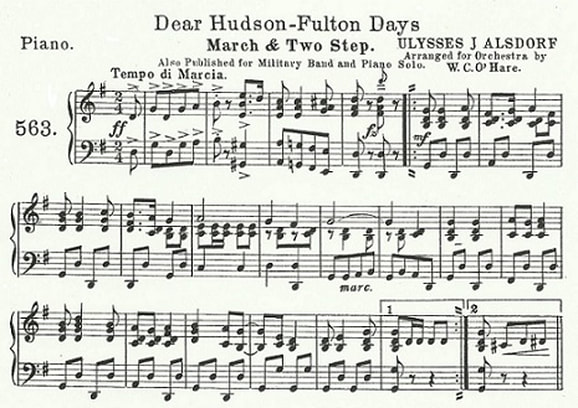
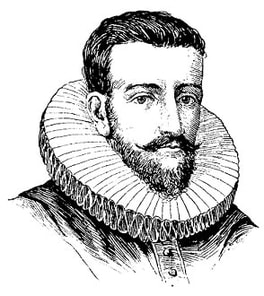
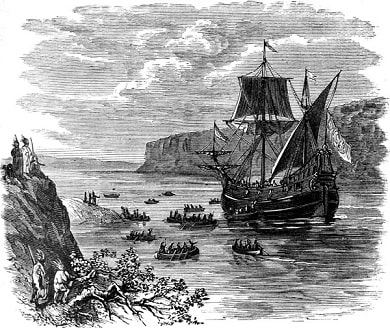
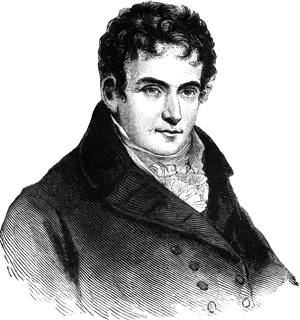
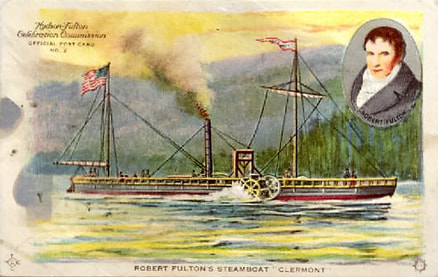
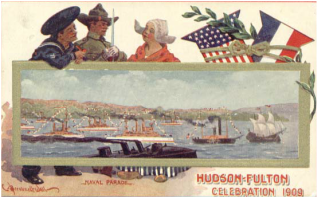
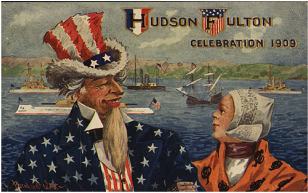
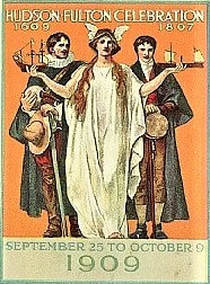
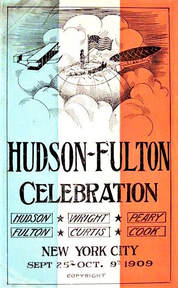
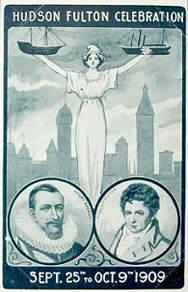
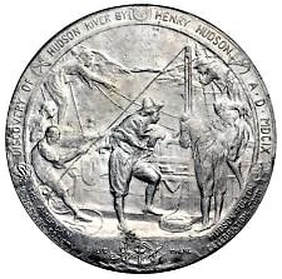
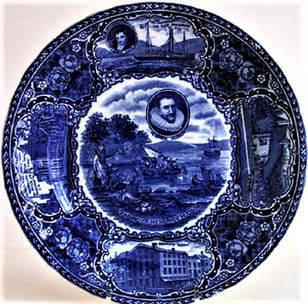
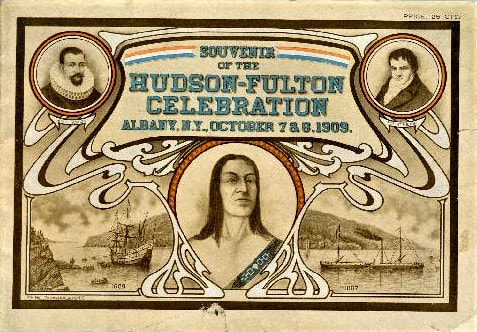
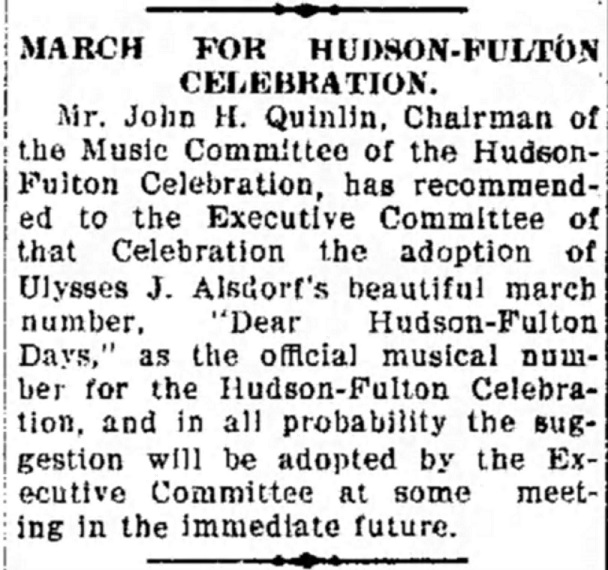
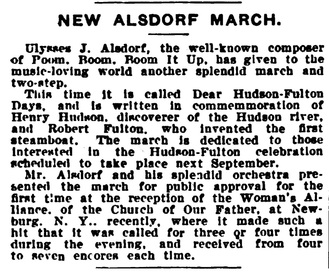


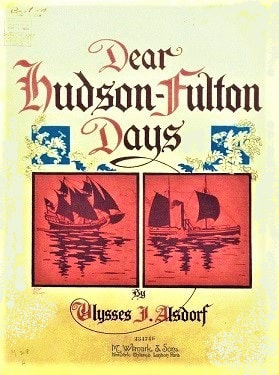

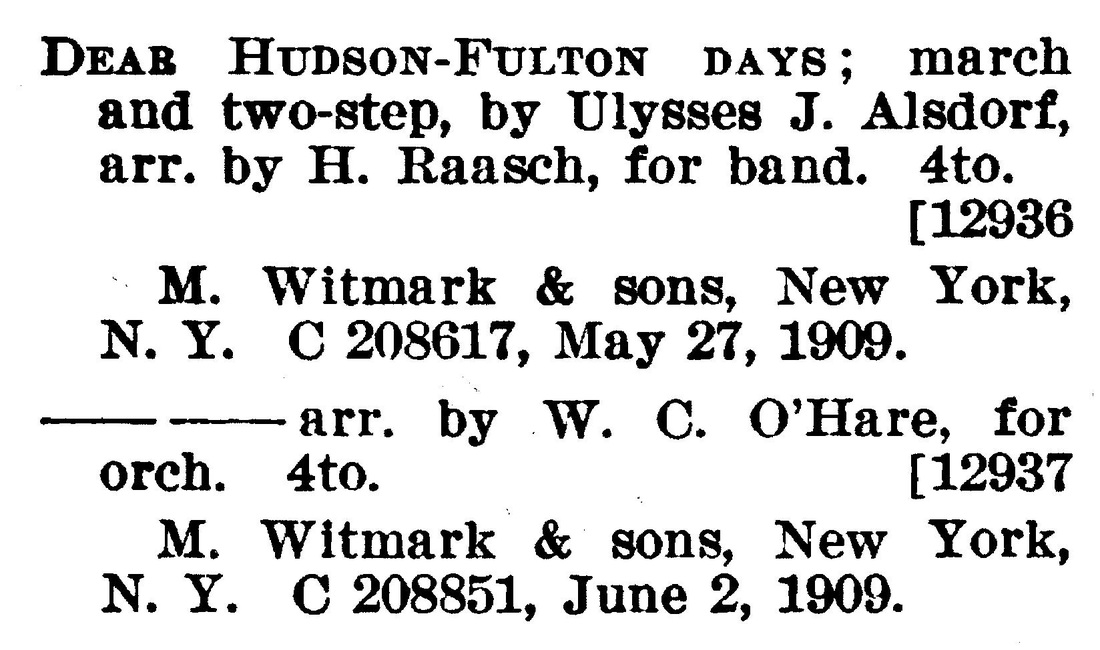
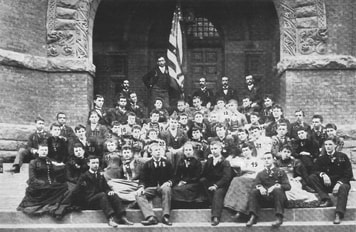
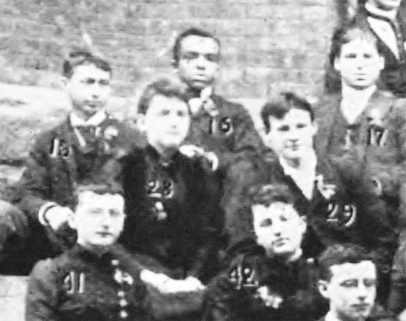

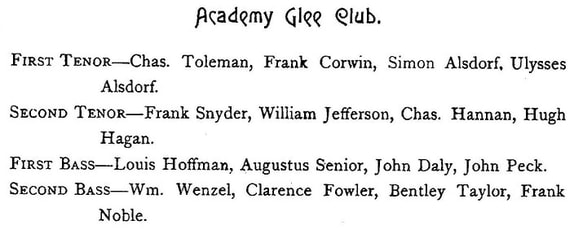
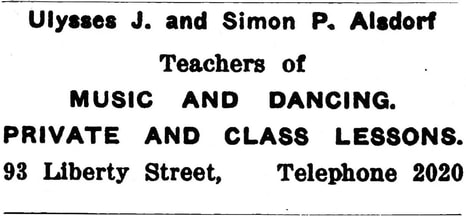
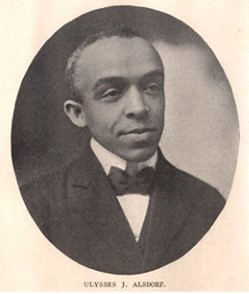
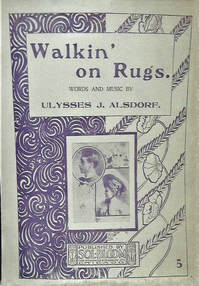

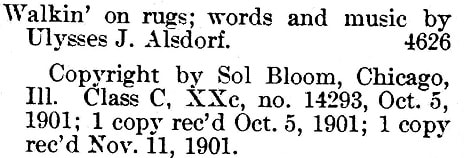
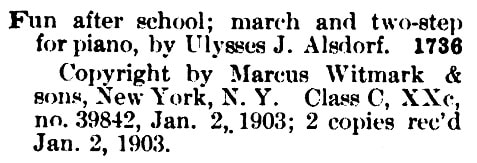
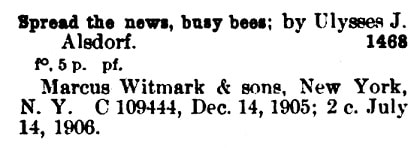


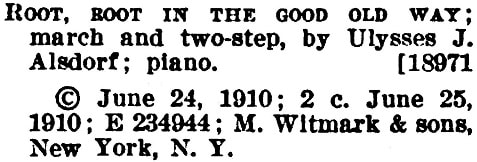



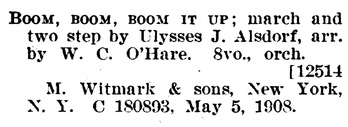
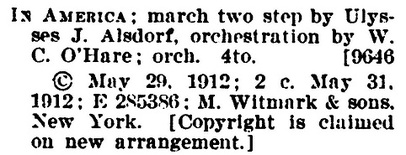
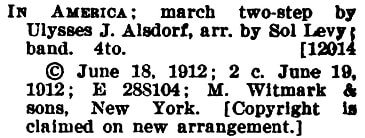
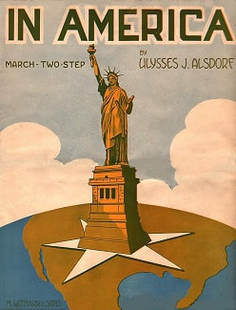
 RSS Feed
RSS Feed